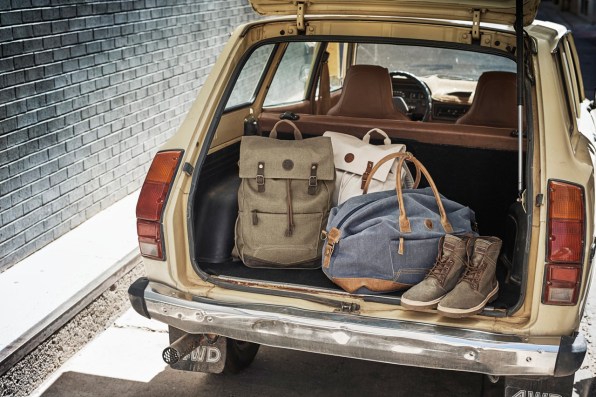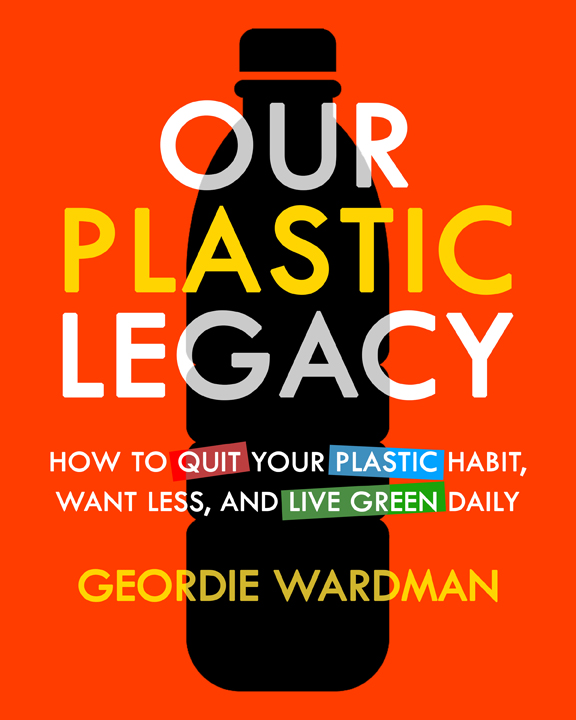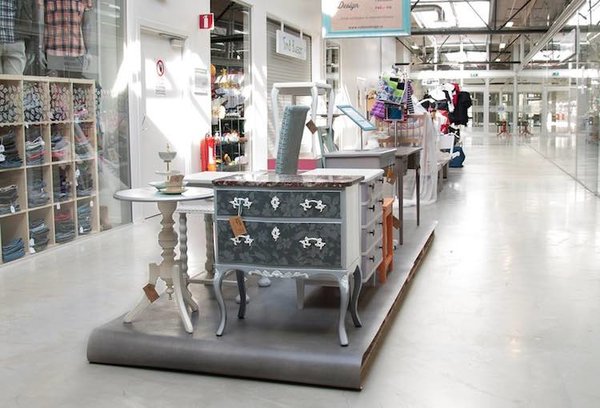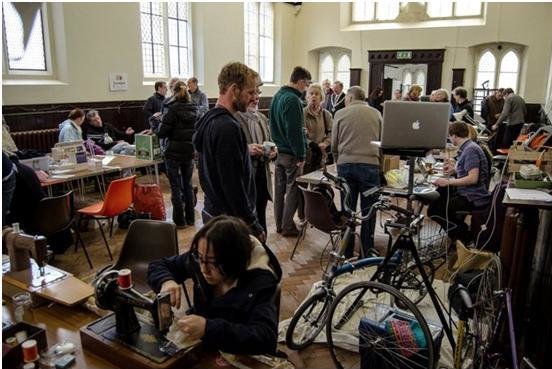The recycling organization, Thread, is teaming up with the shoe and apparel company, Timberland, to bring customers new products made from 50% recycled plastic, collected as part of an economic revitalization project in Haiti. In Haiti, for the fabric made for Timberland, more than 1,300 people collected plastic bottles, and sold them to 50 Haitian-owned and operated collection centers that Thread partners with. The process to turn a bottle into fabric is fairly simple: the plastic is mechanically broken down into flakes, put through something that looks like a Play-Doh extruder, and then rolled and manipulated into bales that can be spun into fabric. Plastic bottles are made from oil; so is polyester. When a bottle is recycled into fabric, the end result looks the same as if it had come from fossil fuels (it can also be recycled into other products, such as printer cartridges).
Continue reading... →Did you know that every piece of plastic ever created from the time of invention in 1905 until now is still in existence today? Did you also know that by 2030 (just shy of 2 more decades) there will be more plastic in the oceans, than fish? Follow along in this conversational and action-oriented book as author Geordie Wardman presents a simple solution to the reasons why you should be worried, nay terrified, about the plastic that is piling up, literally, on the planet. In Our Plastic Legacy. How to quit plastic, want less, and live green daily, you will find: Why plastic pollution is arguably the single most important environmental crises in the world today, perhaps greater but most certainly contributing to climate change -Facts about how plastic affects our environment, particularly our oceans and our health -How a single person can do more to help solve the problem than ever imaginable.
Continue reading... →A new generation of recycling has now gone from local drop-off centers to a shopping mall that sells only repaired or upcycled products. The new recycling establishment, ReTuna Återbruksgalleria, has nothing to do with the fish; instead, it was named after the Swedish town in which the building is located, Eskilstuna, Sweden. The facilities contain both a recycling center and a shopping mall. Customers can donate the items that they no longer need, then shop for something new – all in one stop. Dropped off goods are sorted into various workshops where they are refurbished or repaired accordingly. Products are then sorted into 14 specialty shops that include furniture, computers, audio equipment, clothes, toys, bikes, and gardening and building materials; all garnered from second-hand products.
Continue reading... →At any given moment in time, all of us own products that no longer perform the way that they used to: a watch that’s stopped, a lamp that flickers, a beloved sweater that’s been snagged. Whether its planned obsolescence, regular use or accidental damage, very few products will last a lifetime. A dedicated groups of individuals have already begun setting up fixing hubs, often referred to as ‘Repair Cafés’, to promote and facilitate the repair of everyday goods and appliances, locally and free of charge. This movement is supporting the creation of a circular economy and earth centered way of living.
Continue reading... →


